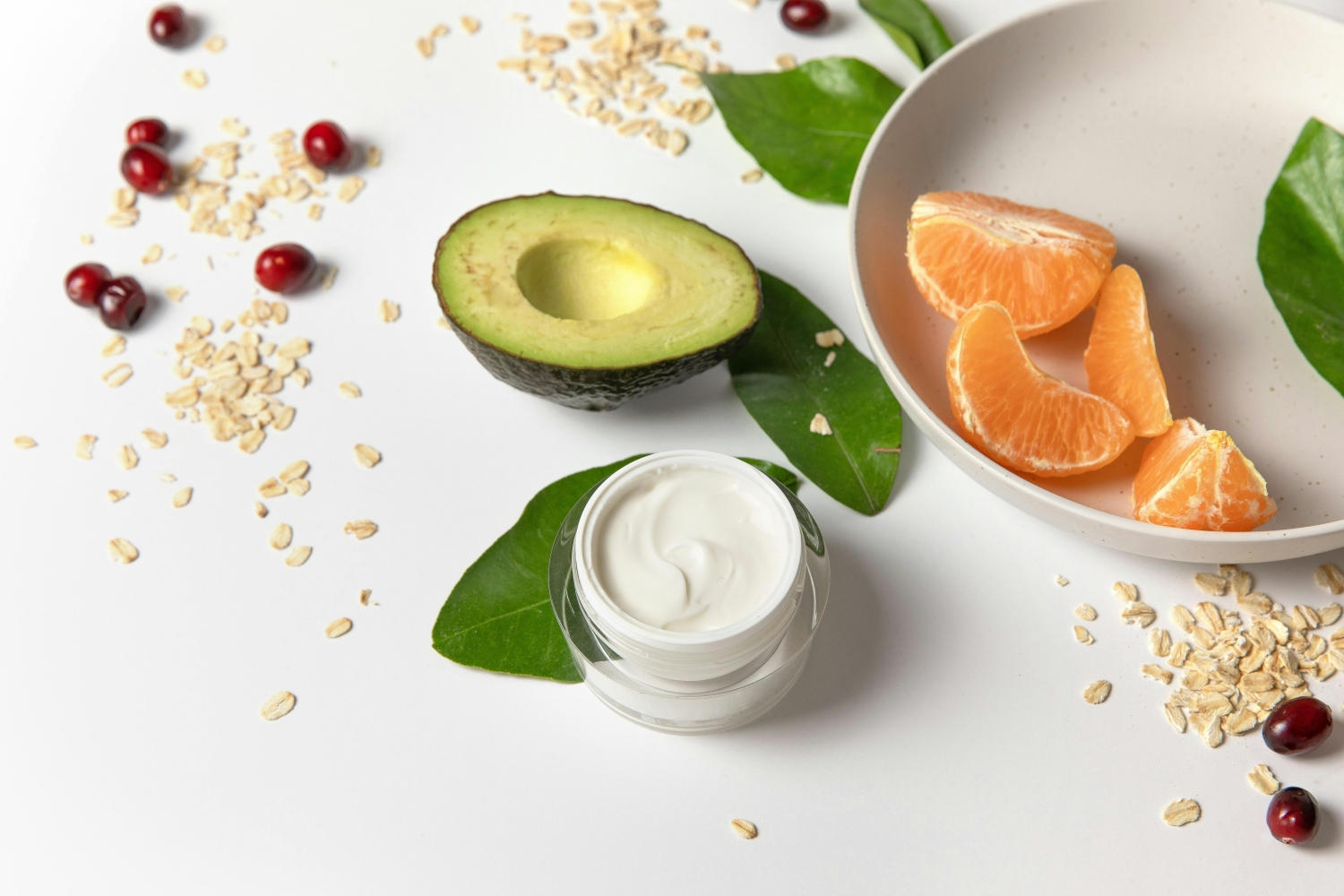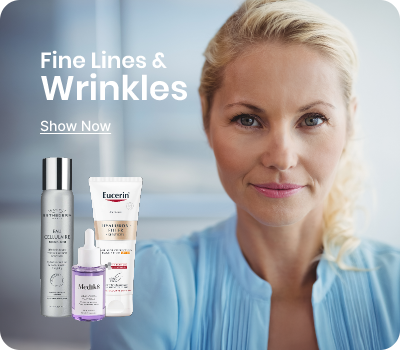
The skincare industry is undergoing a revolution. As consumers become increasingly aware of the impact their choices have on their health, animals, and the environment, vegan skincare has emerged as a powerful solution. It represents more than just a trend—it is a lifestyle choice that harmonises beauty with compassion and sustainability.
Vegan skincare is rooted in ethical practices and harnesses the power of plant-based ingredients to deliver stunning results. It not only nourishes your skin but also reduces your environmental footprint, making it a win-win for beauty enthusiasts and eco-conscious individuals alike. This blog post explores why vegan skincare is the ultimate key to glowing skin and eco-friendly living.
What Is Vegan Skincare?
Vegan skincare is all about products that exclude any animal-derived ingredients. Unlike traditional skincare, which often uses components like beeswax, collagen, lanolin, or keratin, vegan formulations rely entirely on natural plant extracts and innovative synthetic alternatives to deliver the same, if not better, results. It’s about achieving effective skincare without exploiting animals.
Common Non-Vegan Ingredients to Avoid
Conventional skincare products often contain ingredients that may surprise you:
- Carmine: A red pigment made from crushed cochineal insects, commonly found in lip products and blush.
- Lanolin: An oily secretion from sheep’s wool, used in moisturisers and balms.
- Beeswax: Frequently used in lip balms and lotions, sourced from beehives.
- Squalene: Traditionally sourced from shark liver and used for its effectiveness in moisturising and protecting the skin.
- Keratin: A protein commonly derived from animal sources such as sheep’s wool or animal hooves, and used in skincare and haircare to strengthen and smooth hair or improve skin elasticity.
Avoiding these ingredients is essential for anyone seeking a truly vegan skincare routine.
Understanding Labels: Cruelty-Free vs. Vegan
When shopping for ethical skincare, it’s important to understand the distinction between cruelty-free and vegan. Cruelty-free means that a product was not tested on animals at any stage of its production. However, it does not guarantee that the product is free from animal-derived ingredients. A vegan product contains no animal-derived ingredients, but it may not necessarily be cruelty-free unless explicitly stated.
Certification Process for Vegan and Cruelty-Free Products
To avoid misleading claims, look for certifications such as the Leaping Bunny (cruelty-free), The Vegan Society’s logo or PETA’s ‘Vegan Approved’ logo. These certifications guarantee that the product contains no animal-derived ingredients and adheres to strict ethical guidelines. Reading the ingredient list and researching the brand’s practices can also help ensure you’re making ethical purchases.
The Skin Benefits of Vegan Skincare
Vegan skincare products offer a range of benefits, making them a favourite for those seeking radiant, healthy skin.
Gentle on the Skin
One of the biggest advantages of vegan skincare is its gentleness. Without harsh chemicals, synthetic fragrances, or allergens commonly found in traditional skincare, vegan products are especially suitable for sensitive skin types. For instance, vegan cleansers are often free of sulfates, which can strip the skin of its natural oils.
Packed with Nutrients
Plants are nature’s powerhouse, and vegan skincare leverages their potential to the fullest. Ingredients like green tea, aloe vera, and chamomile are rich in antioxidants, vitamins, and minerals that nourish the skin, combat free radicals, and promote cellular repair. These nutrients help the skin maintain a youthful glow while addressing common issues like dullness, inflammation, and redness.
Hydration and Glow
Hydration is essential for achieving a glowing complexion, and vegan skincare delivers it beautifully. Ingredients like hyaluronic acid (derived from plants) and shea butter provide deep, long-lasting hydration. These products moisturise the skin without clogging pores, making them perfect for all skin types, including oily and acne-prone skin.
Eco-Friendly Living Through Vegan Skincare
Vegan skincare doesn’t just benefit your skin; it’s also a significant step toward reducing your environmental impact.
The Environmental Impact of Traditional Skincare
The production of traditional skincare often involves unsustainable practices, including animal testing and the extraction of animal-derived ingredients. Moreover, the chemicals used in non-vegan products can harm aquatic ecosystems when washed away. For example, microbeads—once common in exfoliants—were found to pollute oceans and harm marine life, leading to bans in many countries.
The Sustainability Factor
Vegan skincare brands prioritise sustainability by sourcing ingredients responsibly and reducing their carbon footprint. Many brands work with local farmers, use renewable resources, and adopt environmentally friendly practices like reducing water usage. This commitment to sustainability makes vegan skincare a great choice for conscious consumers.
Packaging Matters
The sustainability of a product doesn’t end with its formulation. Many vegan skincare companies take extra steps to minimise packaging waste by using recyclable, biodegradable, or refillable containers. Switching to brands with eco-friendly packaging significantly reduces plastic waste and supports a circular economy.
Top Vegan Skincare Ingredients and Their Benefits
Vegan skincare is rich in high-performance ingredients that cater to various skin concerns.
Soothing Aloe Vera for Inflammation
Aloe vera, a cornerstone ingredient in vegan skincare, is celebrated for its exceptional soothing and hydrating properties. Extracted from the aloe plant’s fleshy leaves, this natural powerhouse is rich in vitamins A, C, and E, as well as antioxidants and amino acids. These nutrients help to calm irritated skin, reduce redness, and promote healing, making aloe vera an ideal choice for sensitive or acne-prone skin.
Its lightweight, gel-like texture allows for deep hydration without clogging pores, which is particularly beneficial for those with oily or combination skin. Furthermore, aloe vera’s anti-inflammatory and antimicrobial properties make it effective in addressing common skin concerns like sunburn, minor wounds, and inflammation.
Beyond its use in moisturisers and cleansers, aloe vera is often incorporated into serums, masks, and after-sun treatments, enhancing their ability to hydrate and repair the skin barrier. It pairs well with other vegan-friendly ingredients like green tea and chamomile, amplifying their benefits to create gentle yet effective skincare formulations.
Coconut Oil for Deep Hydration
Coconut oil is a versatile and highly valued ingredient in vegan skincare, known for its deeply moisturising and protective properties. Extracted from the kernel of coconuts, this plant-based oil is rich in fatty acids, particularly lauric acid, which helps strengthen the skin's natural barrier and retain moisture. Its emollient nature makes it an excellent choice for tackling dryness and flakiness, leaving the skin feeling soft and supple.
Additionally, coconut oil boasts natural antibacterial and antifungal properties, making it effective for managing acne and other minor skin irritations. Its ability to penetrate deeply into the skin allows it to nourish and restore from within, promoting a healthy, radiant complexion. Moreover, its compatibility with other vegan-friendly ingredients like shea butter and essential oils makes it a staple in creating luxurious, skin-loving products that adhere to ethical and sustainable standards.
Rosehip Oil to Reduce the Appearance of Fine Lines and Wrinkles
Rosehip oil is a prized ingredient in vegan skincare, renowned for its potent anti-ageing and skin-repairing properties. Extracted from the seeds of rose bushes, this natural oil is packed with vitamins A and C, essential fatty acids, and antioxidants. These nutrients work in harmony to promote collagen production, reduce the appearance of fine lines, and improve skin elasticity, making rosehip oil a favourite for those seeking a youthful glow.
Rosehip oil’s anti-inflammatory properties help soothe redness and irritation, while its lightweight texture ensures it absorbs quickly without leaving a greasy residue. It’s also effective in fading hyperpigmentation and scars, providing a more even and radiant complexion over time. It is versatile enough to be used in serums, moisturisers, and facial oils, either on its own or combined with other plant-based actives like jojoba oil or chamomile extract.
Vitamin C to Enhance Radiance
Vitamin C is a powerhouse ingredient in vegan skincare, celebrated for its ability to brighten, protect, and rejuvenate the skin. As a potent antioxidant, it neutralises free radicals caused by environmental stressors like pollution and UV exposure, helping to prevent premature ageing. Vitamin C is also renowned for its role in boosting collagen production, which improves skin elasticity and reduces the appearance of fine lines and wrinkles.
Vitamin C enhances radiance by fading dark spots and evening out skin tone, making it a go-to solution for those dealing with hyperpigmentation or dullness. What sets Vitamin C apart in vegan skincare is its compatibility with other natural ingredients to deliver comprehensive benefits. Paired with hyaluronic acid, it provides hydration while amplifying its brightening effects. Combined with plant-based oils like rosehip or sea buckthorn, it offers nourishment alongside antioxidant protection.
Debunking Myths About Vegan Skincare
Despite its numerous advantages, vegan skincare is often subject to misconceptions. Let’s address the most common ones:
“Vegan Products Aren’t Effective”
This myth couldn’t be further from the truth. Modern vegan formulations use advanced plant-based technologies to deliver results comparable to, or better than, traditional skincare. For example, plant-based retinol alternatives like bakuchiol offer similar anti-ageing benefits without irritation.
“It’s Too Expensive”
While luxury vegan brands exist, there are many affordable options available. Additionally, investing in high-quality vegan products often results in better skin health, reducing the need for additional treatments or products over time.
“Limited Variety”
The vegan beauty market is thriving, offering a wide range of products for every skin concern, from anti-ageing serums to acne-fighting solutions.
How to Transition to Vegan Skincare
Making the switch to vegan skincare is easier than you might think:
- Start Small: begin by replacing a few key items in your routine, such as your cleanser or moisturiser. Gradually expanding your collection ensures the transition is smooth and budget-friendly.
- Research Matters: look for brands with transparent practices and positive reviews. Checking certifications and ingredient lists will help you find trustworthy products that meet your needs.
- Creating a Routine: a simple yet effective vegan skincare routine might include a gentle cleanser, a hydrating toner, a vitamin C serum, a lightweight moisturiser, and sunscreen. Tailor your regimen to your skin type and concerns for optimal results.
Conclusion
Vegan skincare is more than just a beauty trend—it’s a transformative choice that benefits your skin, animals, and the planet. By embracing plant-based products and sustainable practices, you’re investing in a future that prioritises health and compassion.
It’s time to make the switch and experience the glow that comes from both radiant skin and a clear conscience. Explore the world of vegan skincare and join the movement toward a more ethical, sustainable, and beautiful tomorrow.





